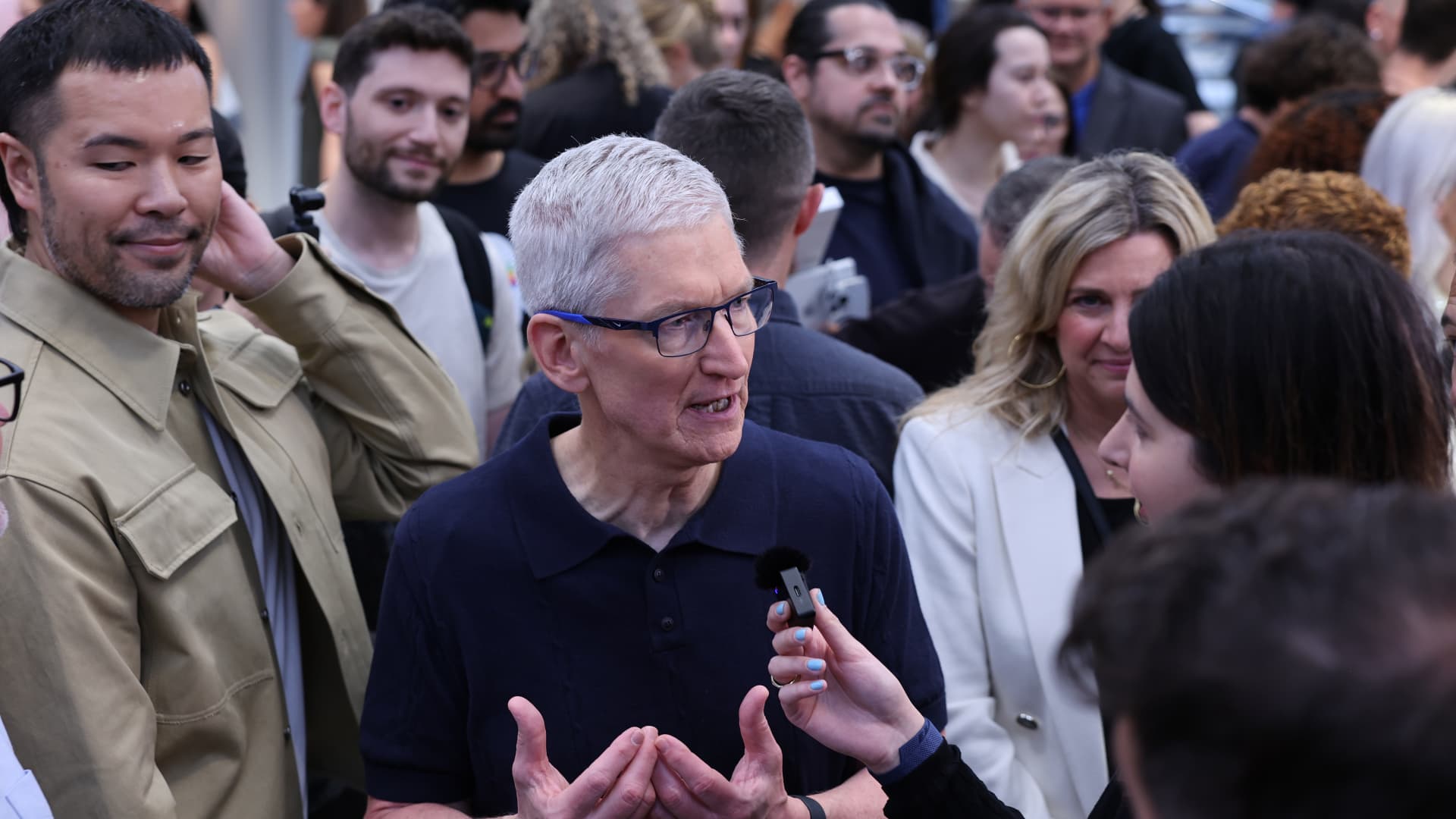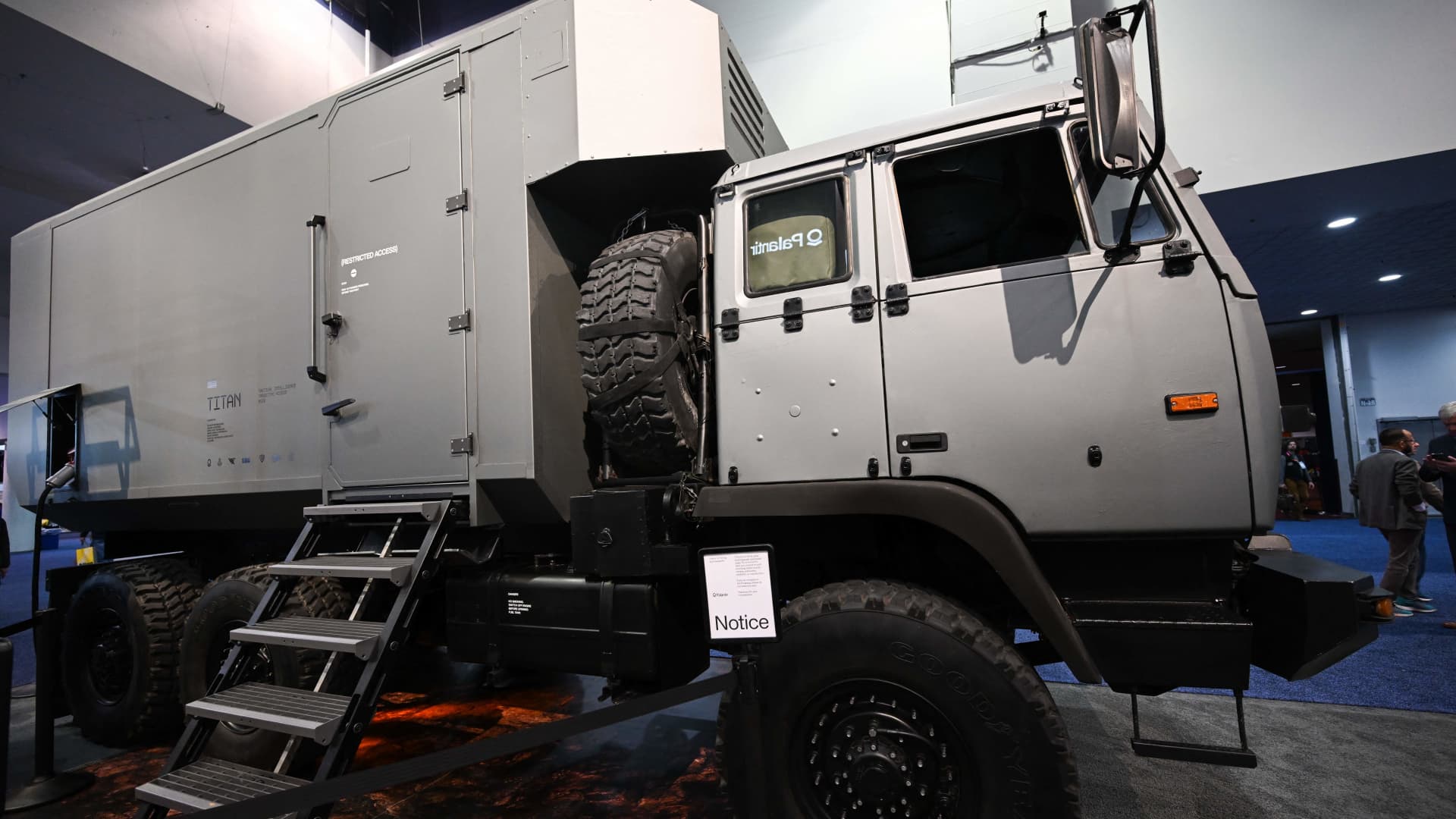Most nights, Peter Beck tosses and turns in bed. Restlessness is a symptom of what the billionaire entrepreneur calls “one of my superpowers.”
“I just can’t imagine going home and sleeping soundly every night,” says Beck, the founder and CEO of aerospace company Rocket Lab. “That just doesn’t seem a tangible possibility.”
Without hesitation, Beck describes himself as “[a] chronic workaholic, micromanager and paranoid about everything, especially failure.” He credits those traits for his success at Rocket Lab, which he launched in 2006 in New Zealand with no college degree and no connections in the private space industry.
The company had a market value of $11.2 billion as of Monday morning. Beck’s net worth is $1.3 billion, Forbes estimated in November.
Building and launching rockets into space is a complex, unpredictable and sometime dangerous business. Tasks can require months of preparation and precise calculations in advance.
The concern that keeps Beck up at night may not be ideal for his health, but professionally, it’s useful: It forces him to consider everything that could possibly go wrong before it actually does. “It’s either right or it’s international news, one of those two outcomes,” says Beck. “So you’d best be checking that thing three or four times.”
The benefits of ‘very healthy paranoia’
Some leaders in other industries share Beck’s views, at least to some degree, particularly those who started their own companies. “No good entrepreneur ever really is like, ‘[Everything] is awesome,'” Alexa von Tobel, founder of financial planning company LearnVest, told CNBC Make It last year. “You’re always in a good state of very healthy paranoia.”
And SpaceX CEO Elon Musk, one of Beck’s private space industry counterparts, has a famously complicated relationship to rest. He described himself as “fairly nocturnal” in 2022.
Musk has worked through the night to meet deadlines at SpaceX and his electric vehicle company Tesla and sometimes expected similar levels of commitment from his higher-ups, though he said last year that he was finally trying to get more sleep.
On the other hand, leaders who micromanage excessively can create toxic workplaces, because their inability to delegate can reduce efficiency and signal a lack of trust in their employees. Beck trusts his workers, he says — but a hands-on approach is warranted when even a small mistake can result in catastrophes on the launchpad.
“If s— goes wrong, you get amongst it,” Beck says. “Seemingly small technology or business decisions can have massive impact. So you have to really be down in the weeds [as a CEO].”
Beck’s style of leadership might not fit every founder or company, he notes. He points to billionaire Richard Branson as an entrepreneur who credits his success, in part, to delegation, and proudly advises other leaders to “surround yourself with people that are smarter than you.”
Still, some bosses “roll their sleeves up and get right down into the details — and that’s worked for me,” says Beck.
Want to make extra money outside of your day job? Sign up for CNBC’s online course How to Earn Passive Income Online to learn about common passive income streams, tips to get started and real-life success stories.
Plus, sign up for CNBC Make It’s newsletter to get tips and tricks for success at work, with money and in life.





